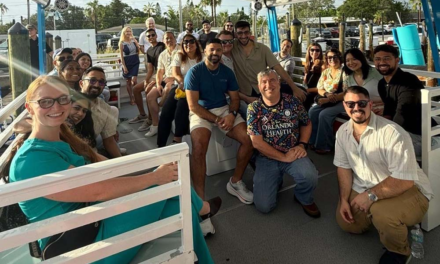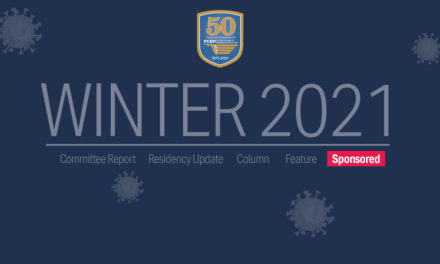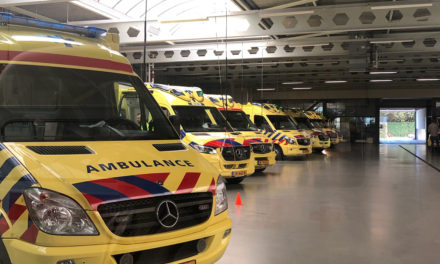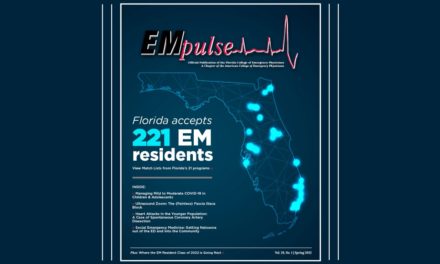Fall 2019: MPD
Writing for this issue reminds me of the transitions that are taking place this time of the year: summer has ended, Symposium by the Sea (SBS) has passed, and learning/working environments have changed for some. This typically results in much appreciated growth, but the process can include difficult milestones along the way. How can we help each other make these transitions more comfortable and better recognize when we or fellow physicians need additional support?
In terms of exciting events, I’ll start with a brief update on SBS 2019. Short story: great success! The feedback received during the weekend as well as the conversations since have all reiterated the high degree of enjoyment experienced from the various educational, networking and social events. If you were not able to attend, please check out the pictures on the next few pages or at emlrc.pixieset.com to get a glimpse of our annual conference. Don’t miss out on SBS 2020, August 6-9 in Clearwater Beach.
As you know, Florida has 18 ACGME-accredited emergency medicine residency programs, several of which are within the first five years of accreditation. Considering the steady rotation of medical students, interns and graduating residents, this can be a time of uncertainty and discomfort for everyone involved in residency programs, and especially the incoming interns.
Here are some tips I have learned over the years that I hope will be helpful. New residents and medical students: give yourself time and space to become accustomed to the varying schedules and working environments. Making time for appropriate sleep and eating is incredibly important. There will be many (seemingly uncontrollable) events and activities vying for your attention. Developing a system of keeping yourself organized and on task will make this transition much more manageable. This is likely your first experience with this type of rotating schedule. Ask for advice from your colleagues and program leaders—they are there to help you. One of your best resources will also be emra.org, which has information specifically for you and is divided into categories for easy searching.
Recent graduates are now “attendings,” and this change in position and responsibility is exciting, as well as daunting and stressful. Although you have graduated from your residency programs, your program leaders are still a large part of your support system and will gladly help you with the various transitions. For this stage in your career, the ACEP Young Physicians Section (YPS) is the best place for you. Here you will find a group of early career EM physicians who know exactly what you are going through along with a treasure trove of helpful information. Pro tip: the YPS section is included in your ‘first year out of residency’ ACEP membership. Luckily in Florida, we have arranged a special graduated membership rate, so now is the best time to renew your ACEP/FCEP membership! And don’t forget to subscribe to online discussions with national members via ACEP engagED.
Do you have recent graduates working in your group? Mentoring young doctors is a rite of passage that we all should undertake with great care. This mentoring process usually leads to an important symbiotic relationship when fostered. The young doctor has been practicing the most current evidence-based medicine and is happy to share the knowledge. As the more experienced doctor, you can lend your well-curated expertise of working in the “real world,” which can be quite different than the academic learning environment.
What are some of your tips for successful transitions? I hope to see you at our next committee meeting. Until then, continue to care for yourself and each other. ■

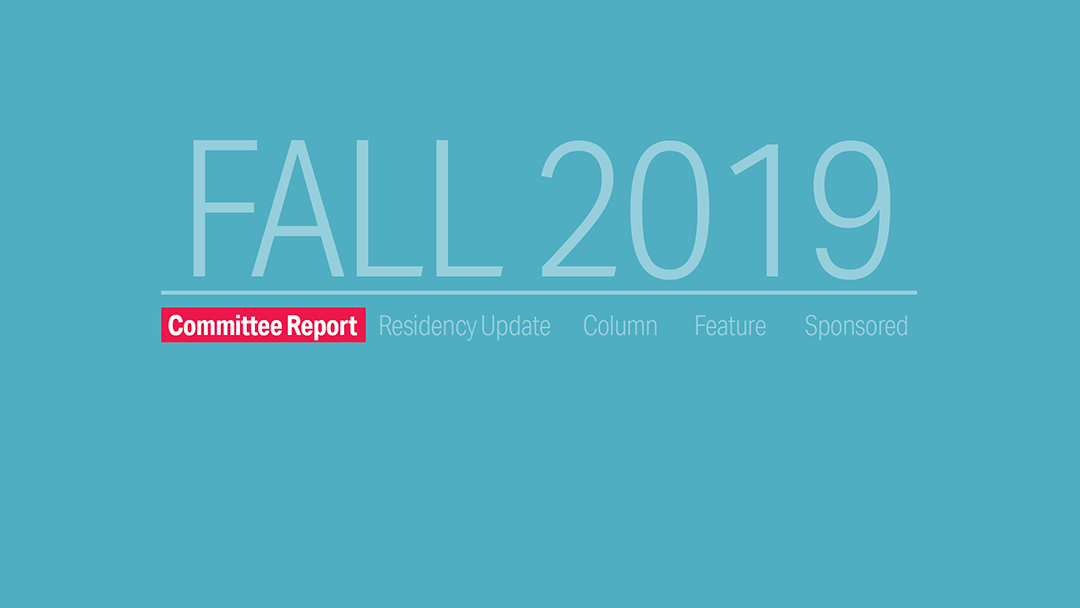
 This article originally appeared in EMpulse Fall 2019. View the
This article originally appeared in EMpulse Fall 2019. View the 